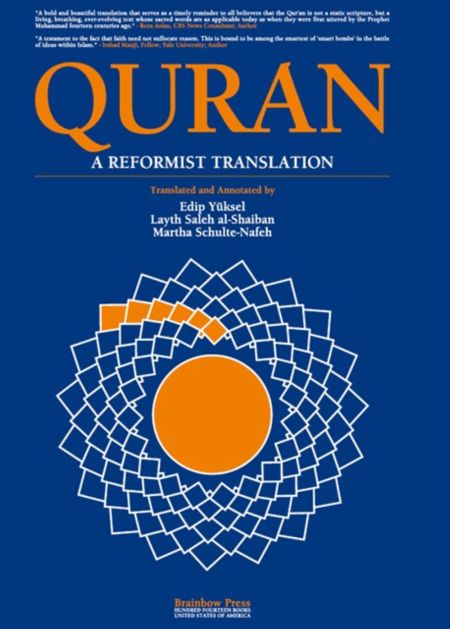Reformist Translation vs Sectarian Translations
On the following pages, you will find several comparisons between our translation and that of traditional orthodox English renditions of the Quran. By the word “tradition,” we refer to the works that heavily rely on hearsay reports such as hadith, sunna, and sectarian jurisprudence. We chose to compare our work primarily with the translation of Yusuf Ali, Pickthall, and Shakir, since they reflect most of the common errors and distortions, and because they are popular translations among the English-speaking Sunni population.


